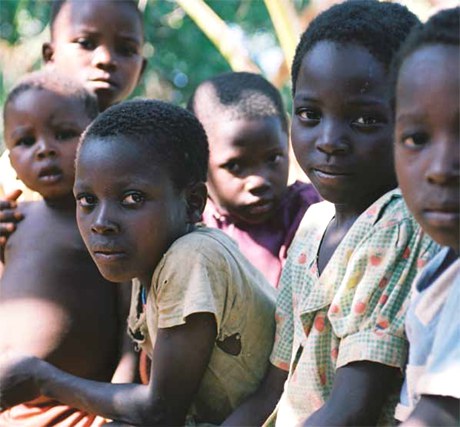
Inspiring futures. Learning from memory work in Africa
This learning paper looks at experiences of applying memory work as part of broader strategies to mitigate the impact of HIV and AIDS in five African countries: Ethiopia, Kenya, Tanzania, Uganda and Zimbabwe. The experiences occurred through the International Memory Project, which started in 2004. The paper explores how six non-governmental organisations (NGOs) in sub-Saharan Africa established memory work as a key component of their community-based HIV programmes. It draws on the experiences of people living with HIV and AIDS (PLHIV), children and young people who participated in the initiative, partner organisations own learning and analysis and the report from the end of project evaluation carried out at the start of 2009.
Since 2004, country partners have systematically integrated memory work into their HIV programmes. Each partner adapted the approach and applied it in different ways depending on their own organisational structure and local context.
Through this we have learnt that memory work needs to be rooted in existing HIV programmes and services, and is generally only effective when it works alongside other services which offer treatment, support to generate income and other health care provisions.
Integrating memory work has shown that it can increase communication in the family, reduce stigma and encourage openness in all sections of society. So far, the most significant impact has been on the well-being of parents, and the partners hope that this will bear dividends in the future as the parent-child relationships continue to improve.
There is a need to ensure that memory work can be experienced and monitored as a long-term initiative. In many situations, the activities may not pay dividends for several years, particularly when working with younger children.
We have learnt that the component of memory work that looks at planning for the future, through writing wills, birth registration and choosing guardians for children, challenges issues relating to the rights of women and children. Most success has been experienced in this area when working closely with legal organisations. (Healthlink Worldwide, 2009)
 Inspiring futures. Learning from memory work in Africa.pdf
— (590 kB)
Inspiring futures. Learning from memory work in Africa.pdf
— (590 kB)
